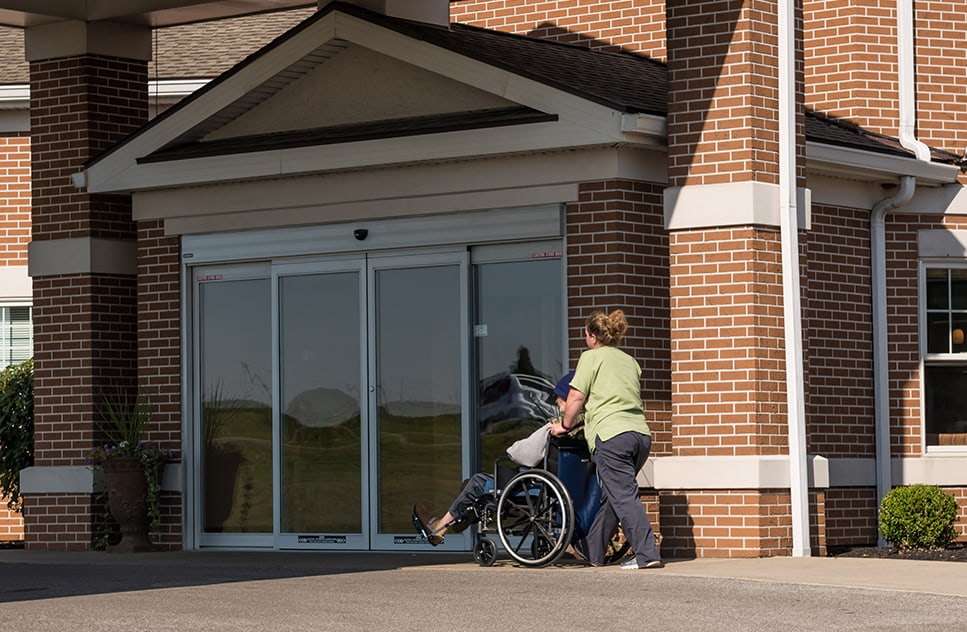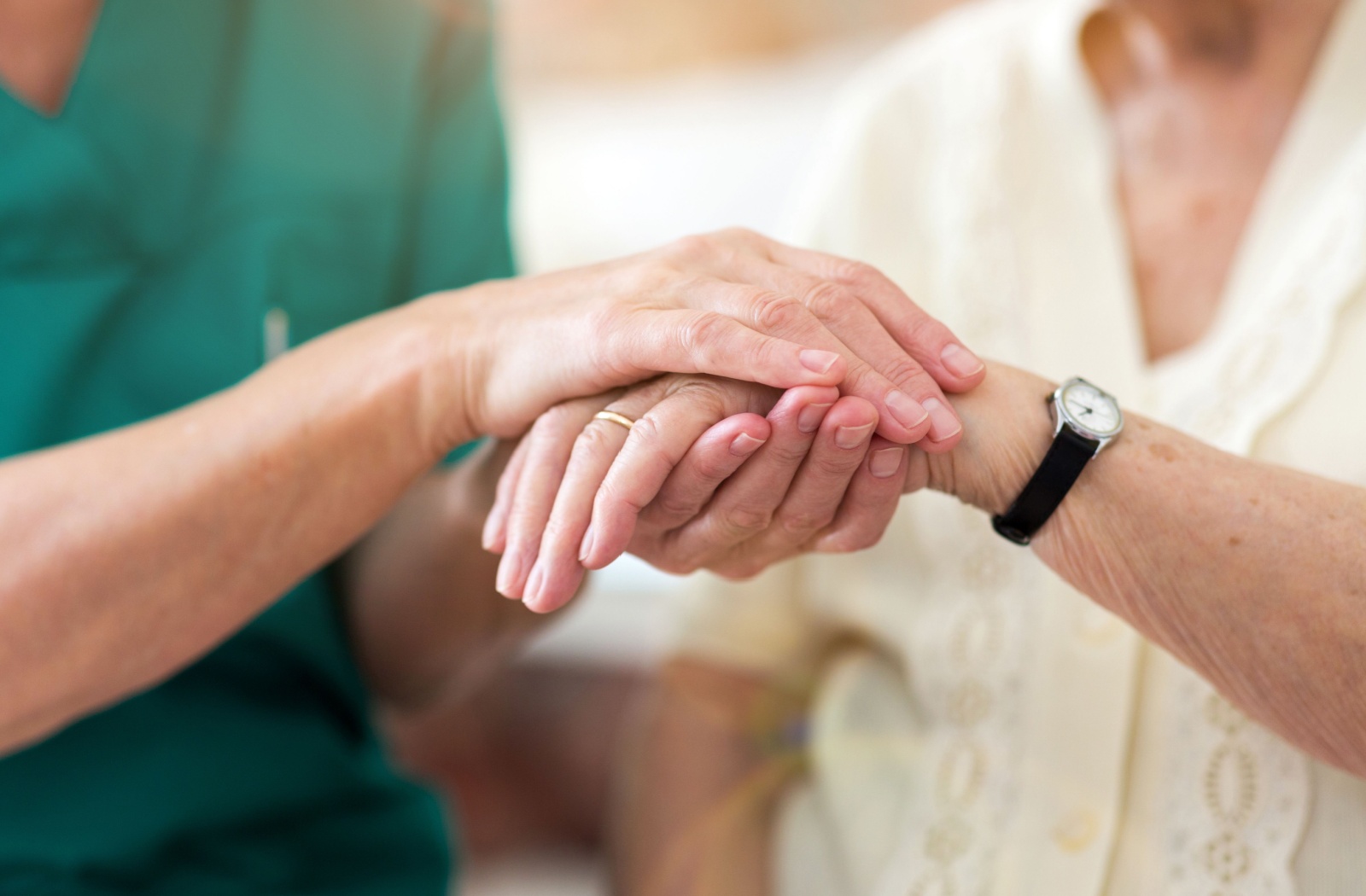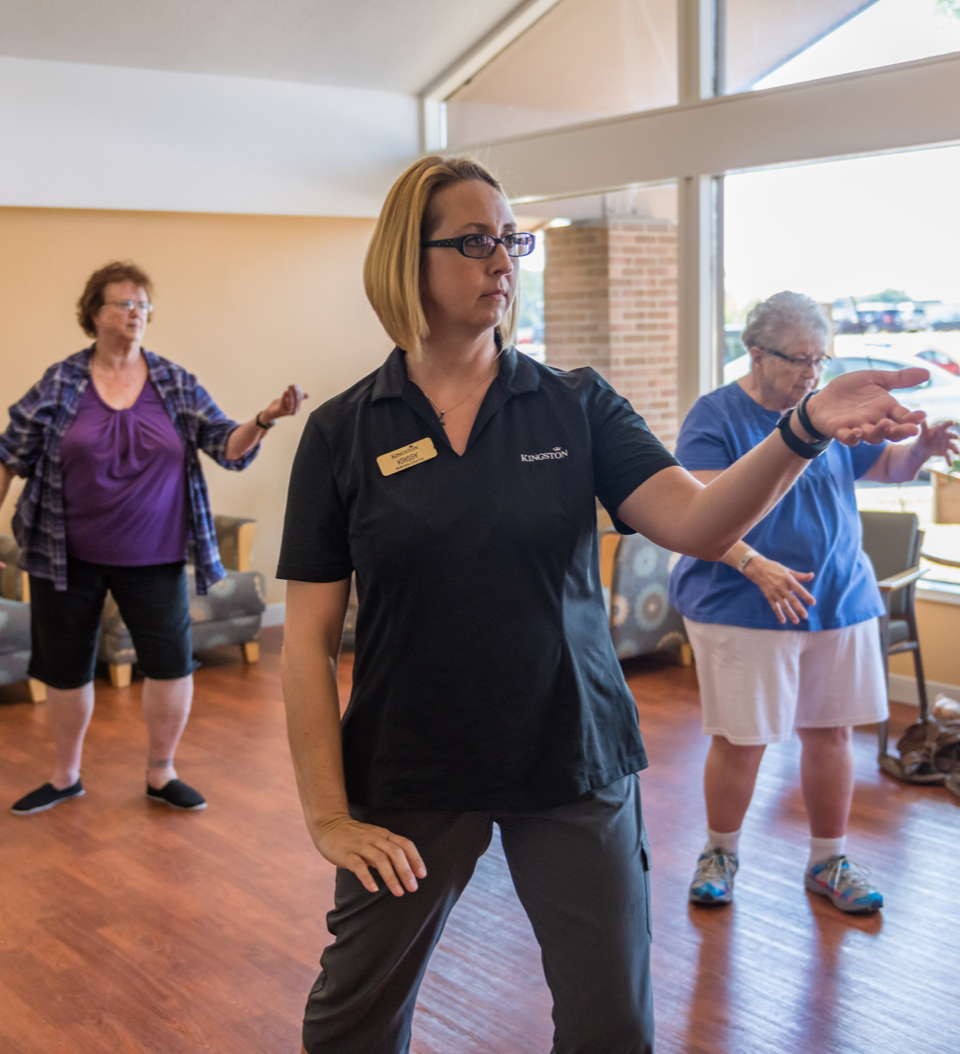Key Takeaways
- Physical and emotional exhaustion are clear signs that you need respite care support.
- When your health suffers or you’re missing important events, it’s time to seek help.
- Respite care benefits both you and your loved one by providing professional support.
- Senior living communities offer flexible respite care options for short-term stays.
- Taking breaks from caregiving helps you provide better long-term care.
Recognizing Caregiver Burnout and Knowing When to Seek Respite Care
Caring for a loved one brings both joy and challenges, but sometimes the weight of responsibility can feel overwhelming. You might find yourself wondering if you’re doing enough while simultaneously feeling exhausted from the demands of daily caregiving. Understanding the warning signs of caregiver burnout and exploring respite care options can help you make informed decisions about your family’s care needs.
You should consider respite care when you’re experiencing physical or emotional burnout, when your own health is suffering, or when your loved one’s care needs exceed what you can safely provide at home.
Recognizing these signs early helps you make proactive decisions that benefit both you and your loved one. Our comprehensive respite care services are designed to provide the support families need during challenging times.
Understanding Respite Care and Who It’s For
What Respite Care Means for Your Family
Respite care provides temporary relief for family caregivers by offering professional support for your loved one. This service gives you time to rest, recharge, and attend to your own needs without worrying about your family member’s safety or well-being. Think of it as a supportive bridge that helps your family navigate challenging periods while maintaining quality care.
Different Types of Respite Care Available
Your family can choose from several respite care options depending on your specific needs. Assisted living communities often provide short-term stays, while skilled nursing communities offer more intensive medical support. Some families prefer in-home respite services, while others find community-based programs work better for their situation.
Who Benefits Most from Respite Care Services
Families caring for loved ones with memory care needs, mobility challenges, or chronic health conditions often find respite care particularly helpful. Adult children juggling work, family, and caregiving responsibilities frequently use these services. Spouses who’ve been providing round-the-clock care also benefit significantly from temporary respite support.
Warning Signs You Need a Break from Caregiving
Physical and Emotional Exhaustion You Can’t Shake
When you’re constantly tired despite getting sleep, your body is telling you something important. You might notice yourself feeling overwhelmed by tasks that once seemed manageable, or find that you’re crying more frequently than usual. This persistent exhaustion often signals that you need professional support to help share the caregiving load. Learning about caregiver burnout symptoms can help you recognize when intervention is necessary.
When Your Health Starts Suffering
Caregiving stress can manifest in physical symptoms like headaches, back pain, or frequent illnesses. You might skip your own doctor appointments or forget to take your medications because you’re focused entirely on your loved one’s needs. Ignoring your health ultimately affects your ability to provide quality care for your family member.
Losing Patience and Feeling More Irritable
Everyone has difficult days, but if you’re consistently snapping at your loved one or feeling frustrated by their needs, it’s time to seek help. These feelings don’t make you a bad caregiver—they make you human. Professional respite care can help you regain your patience and approach caregiving with renewed compassion.
Missing Important Life Events and Forgetting Responsibilities
When caregiving prevents you from attending family gatherings, work functions, or personal appointments, you’re experiencing caregiver isolation. You might also notice yourself forgetting bills, missing deadlines, or neglecting household maintenance. These signs indicate that your current caregiving arrangement needs additional support.

How Caregiver Burnout Affects Your Family
Losing touch with friends, feeling disinterested in hobbies, or hearing loved ones express concern are signs of burnout. Respite care helps you recharge, maintain relationships, and rediscover joy—ensuring both you and your loved one receive the care and balance you need.
Recognizing When Your Loved One Needs More Support
Household Tasks Becoming Overwhelming
Managing medications, meals, housekeeping, and transportation while providing personal care can become unmanageable. You might notice that tasks are taking longer to complete or that you’re making mistakes due to rushing. These situations indicate that additional professional support could benefit both you and your loved one.
Making Mistakes That Could Impact Safety
If you find yourself forgetting medication schedules, leaving appliances on, or feeling uncertain about care procedures, it’s time to consider professional help. Fatigue can lead to oversights that compromise safety for both you and your family member. Respite care provides trained professionals who can maintain consistent, safe care routines.
When Daily Care Needs Exceed Your Abilities
Some care requirements need specialized training or equipment that’s difficult to manage at home. If your loved one needs assistance with mobility, complex medical care, or behavioral support related to memory care needs, professional caregivers can provide appropriate assistance. This doesn’t reflect poorly on your abilities—it shows wisdom in recognizing when additional expertise is needed. Understanding comprehensive elder care resources can help you evaluate your options.
How Respite Care Works in Senior Living Communities
What Happens During a Respite Care Stay
Your loved one will receive personalized care tailored to their specific needs and preferences in a comfortable, supportive environment. Staff members take time to understand their routines, favorite activities, and care requirements. The focus remains on maintaining familiarity and comfort while providing you with peace of mind.
Services and Support Your Loved One Receives
Professional caregivers provide assistance with daily activities, medication management, and social engagement opportunities. Your family member can participate in activities, enjoy nutritious meals, and receive 24/7 support as needed. Communities also offer services like rehabilitation therapy, memory care support, and health monitoring, depending on individual needs.
How Long Respite Care Can Last
Respite care stays can range from a few days to several weeks, depending on your family’s needs and circumstances. Some families use respite care for planned vacations or medical procedures, while others need longer breaks to address their own health concerns. The flexibility allows you to customize the support based on your specific situation.
Taking Action When You Need Respite Care
Approach the discussion with honesty and compassion, emphasizing that respite care supports both you and your loved one. Highlight the benefits—new friendships, activities, and continued quality care. When evaluating providers, look for personalized care plans, trained staff, and a welcoming environment that feels like home. Trust your instincts and consider your family’s unique needs when deciding what feels right for everyone.
Respite care isn’t about giving up on caregiving—it’s about sustaining your ability to provide loving support for the long term. At Kingston of Ashland, we understand the challenges families face and offer compassionate respite care services designed to support both you and your loved one during times when you need additional help.
Contact our caring team at Kingston of Ashland today to learn more about our respite care options and schedule a tour of our community. We’re here to provide the support your family needs while honoring the love and dedication you’ve shown as a caregiver.






